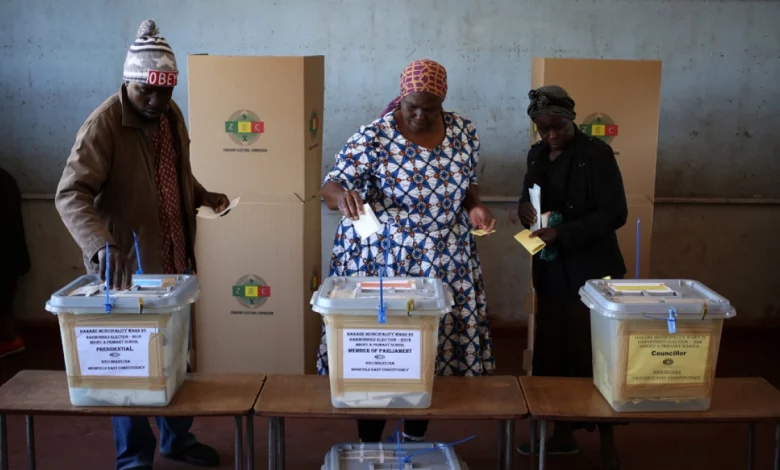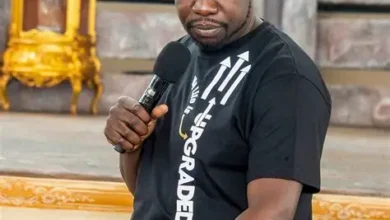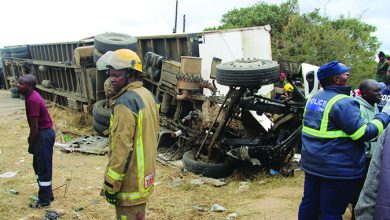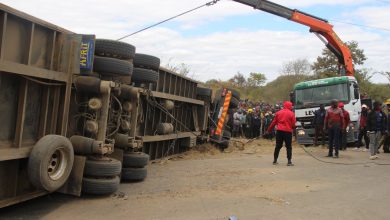Not just the president: who else are we voting for next week?

Not just the president: who else are we voting for next week?
Next Wednesday, you’ll be voting in what’s called a ‘harmonised election.’ This means that you’ll be given three slips of paper, voting for a national Presidential candidate, a Member of Parliament (MP) for your constituency, and a Councillor for your local ward.
Your constituency and ward are determined by the address under which you registered to vote. The boundaries for these areas are not static, and following the delimitation exercise conducted last year, you may well find yourself in a new constituency or ward for these elections.
Don’t forget that you can use ZEC’s shortcode *265# to check where
you’re registered to vote, and Ana, our friendly chatbot, to see who
your MP candidates are.
MPs and Councillors are supposed to represent the needs of the
communities they oversee before Parliament and local authorities
respectively, so it is helpful to know who is responsible for what.
Here’s a little cheat sheet to help you understand the roles and
responsibilities of your elected office bearers. Use this to weigh up their past performances and / or their proposed promises to you, the voter:
What’s an MP?
Your Member of Parliament will be one of 210 elected members of the National Assembly, representing your constituency at a national
level. These people are the guardians of the law: they make new laws; they debate existing laws and draft legislation; they scrutinise the decisions made by the executive government and hold them to account. Importantly, as elected representatives of their
communities, they are supposed to act as the link between government and residents, informing residents of their communities of what is going on in Parliament and providing opportunities for people to contribute and feedback into ongoing dialogue over legislative issues
What qualities should you look for in an aspiring MP?
- Do they know what they’re doing? – your MP should have some
appreciation of the law, and most importantly, the Constitution
of Zimbabwe – against which all law must be measured. - Will they do the job? – your MP should attend parliamentary
sittings and contribute to debates. You can check your incumbent MP’s parliamentary attendance record here and check their contributions here - How do they communicate? – has your MP ever reached out to
you (via a community meeting or WhatsApp group for example)? Do you have any idea of how to contact them if you need to bring something to their attention?
What’s a Councillor?
Each constituency is divided into multiple wards which fall under the jurisdiction of a Rural District Council, a town council, a municipal board or a city council. Councillors are not legislators.
They are more concerned with overseeing the day to day running of affairs within a community. Your Councillor is responsible for ensuring that basic services are delivered in your ward, and include overseeing road maintenance, the provision of water, refuse collection and the running of local clinics.
What qualities should you look for in an aspiring Councillor?
- Do they know what they’re doing? – your Councillor should
understand their role, particularly in the context of their local community. They should be well aware of the challenges facing the communities they represent and should be prepared to offer
relevant solutions to these challenges and / or to encourage
communities to seek solutions through Parliamentary
intervention or elsewhere. - Will they do the job? – your Councillor should demonstrate that they attend council committee meetings regularly and take action when necessary to ensure that service delivery is effected in their communities.
- How do they communicate? – your Councillor should be accessible to you and should be keeping you in the loop and engaged on the pertinent issues in your ward. Similar to your MP, you should be aware of how to contact your Councillor if you wish to raise a concern with them.
Be informed: Find out who your MP candidates are via KuBotAna.
Read their manifestos (if available). Check incumbents’ track
records. Vote wisely.
Source – Kubatana.com




